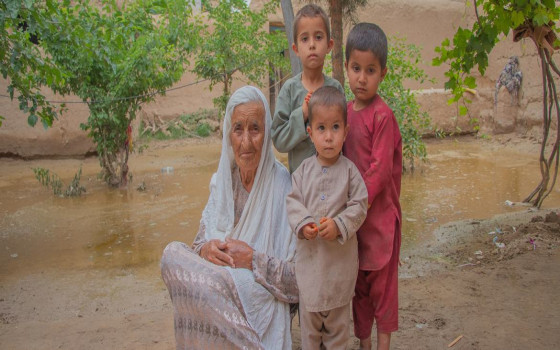
The United Nations responds to criticism of the Doha meeting on the future of Afghanistan... frank discussions and the necessity of including women in public life

- Europe and Arabs
- Tuesday , 2 July 2024 17:17 PM GMT
Doha - New York: Europe and the Arabs
Under-Secretary-General for Political and Peacebuilding Affairs Rose Marie DiCarlo stressed the need to involve women and civil society in Afghanistan in all aspects of public life, noting that Afghanistan cannot achieve full development without the contribution of half of its population.
This came during a press conference held by the UN official, Monday, in the Qatari capital, Doha, following the third meeting of special envoys on Afghanistan, expressing her sincere appreciation to the government of Qatar for hosting this important event.
She noted that it was the "first time" that representatives of the international community and the de facto authorities in Afghanistan had met to hold an in-depth dialogue about the country's future.
She expressed her hope that the constructive exchanges - at the meeting - on various issues over the past two days would contribute to paving the way for resolving some of the problems that have a devastating impact on the Afghan people, noting that the discussion confirmed the unity of the international community in its determination to continue engaging with Afghanistan.
DiCarlo described the discussions as “frank and useful,” noting that all discussions were punctuated by deep international concern - on the part of the special envoys and herself - about the continuing and serious restrictions imposed on women and girls.
She stressed that Afghanistan cannot return to the international fold, or achieve full economic and social development, if it is deprived of the contributions and capabilities of half its population. “We also discussed the need for more inclusive governance and respect for minority rights.”
The inclusion of women: a United Nations guideline
The Under-Secretary-General said that she was fully aware and understood of the criticism directed at this meeting, but stressed that the interests and views of Afghan women and civil society were at the heart of the discussions at the meeting, and stressed that the meaningful inclusion of women in political and peace processes is a guiding principle for the United Nations. She said she raised these issues in all sessions with the de facto authorities, "and we will have focused discussions tomorrow with Afghan women and civil society."
Rose Marie DiCarlo added that women and civil society, although they were not present at the table with the de facto authorities over the past two days, made their voices heard. She stressed the need for civil society to play a legitimate role in shaping the future of Afghanistan
She continued: “We faced a very difficult, perhaps impossible, choice in organizing this meeting. We have a mandate to support this process. Our goal was to bring the de facto authorities and special envoys together for direct talks. It is unfortunate that the de facto authorities will not be at the negotiating table with the community.” Afghan civil society in this way, but they heard very clearly the necessity of involving women and civil society in all aspects of public life.”
She explained that the meeting focused on the priority areas identified in the independent assessment approved by the Security Council last November, which called for a more organized process, with clear conditions and expectations for all parties. “So, we are taking a principled, step-by-step approach, with a clear understanding of the outcomes and commitments from all parties. We are still at the beginning of this process.”
She pointed out the agreement to form working groups on two areas discussed - the private sector and drug control. “We envision that working groups will also be established on other priority areas, especially human rights and especially the rights of women and girls.” She reiterated the United Nations commitment to continue supporting principled engagement for the benefit of all Afghans.
She said that the Afghan private sector faces enormous obstacles to its development and growth, which negatively affects the economy and livelihoods. She also stressed Afghanistan's need for support in building on progress made on reducing drug production.
Meeting does not mean recognition
Rose Marie DiCarlo stressed that this meeting and this interaction with the de facto authorities does not mean normalization or recognition, noting that this matter is up to the member states of the United Nations. In her answer to a journalist’s question in this regard, she stressed that the United Nations policy since the Taliban came to power in 2021 was a “people-centered approach.”
She went on to say: “We want to help people. I mean, we may not feel that some things are right in governing the country but it is about the people, and we cannot let people suffer. It is one of the reasons why from day one we were absolutely adamant that humanitarian assistance should continue, and then We decided that we had to move to basic services, it is more than just humanitarian assistance. We cannot leave people in such difficult circumstances, and I think that is the feeling that many countries have.”


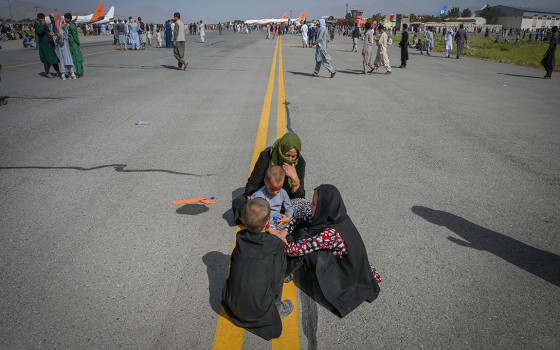
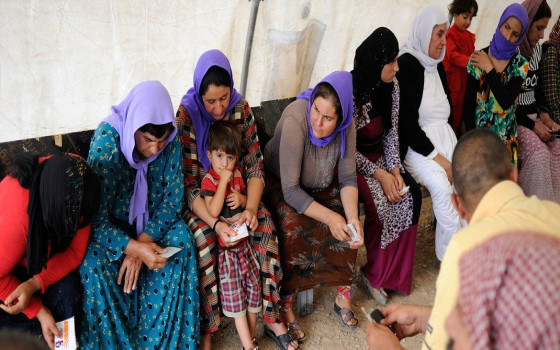
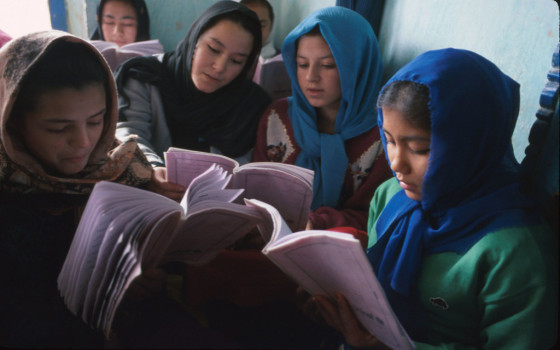
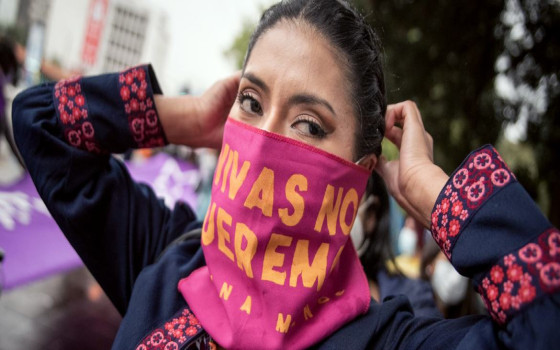
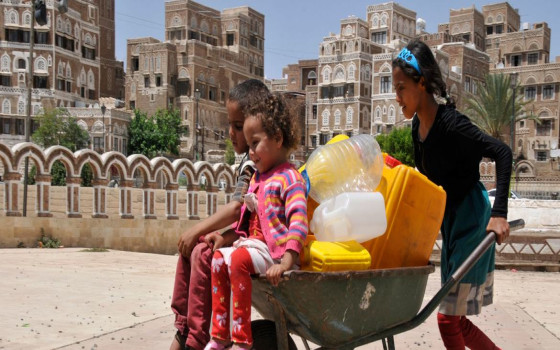
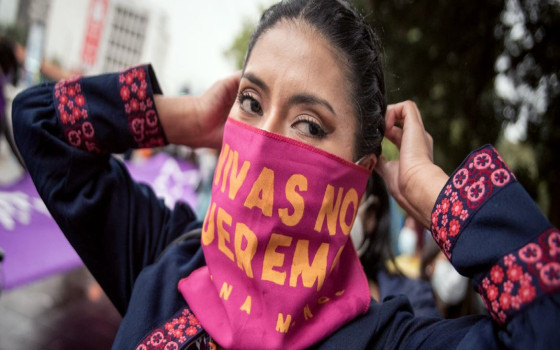
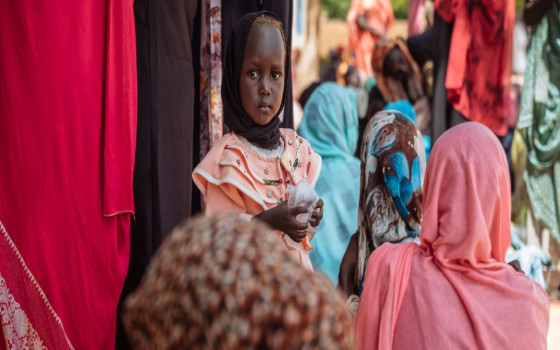
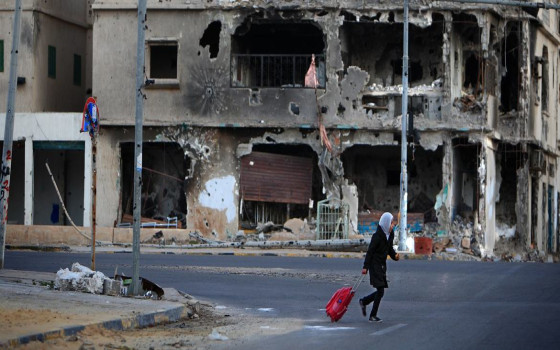
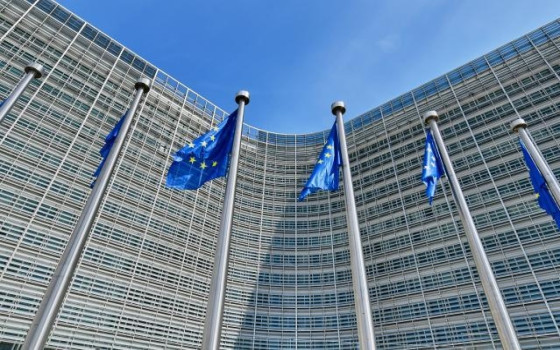
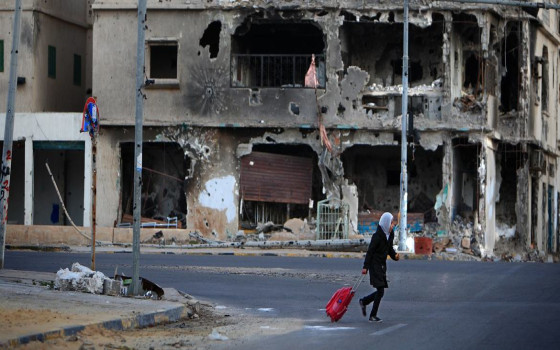
No Comments Found